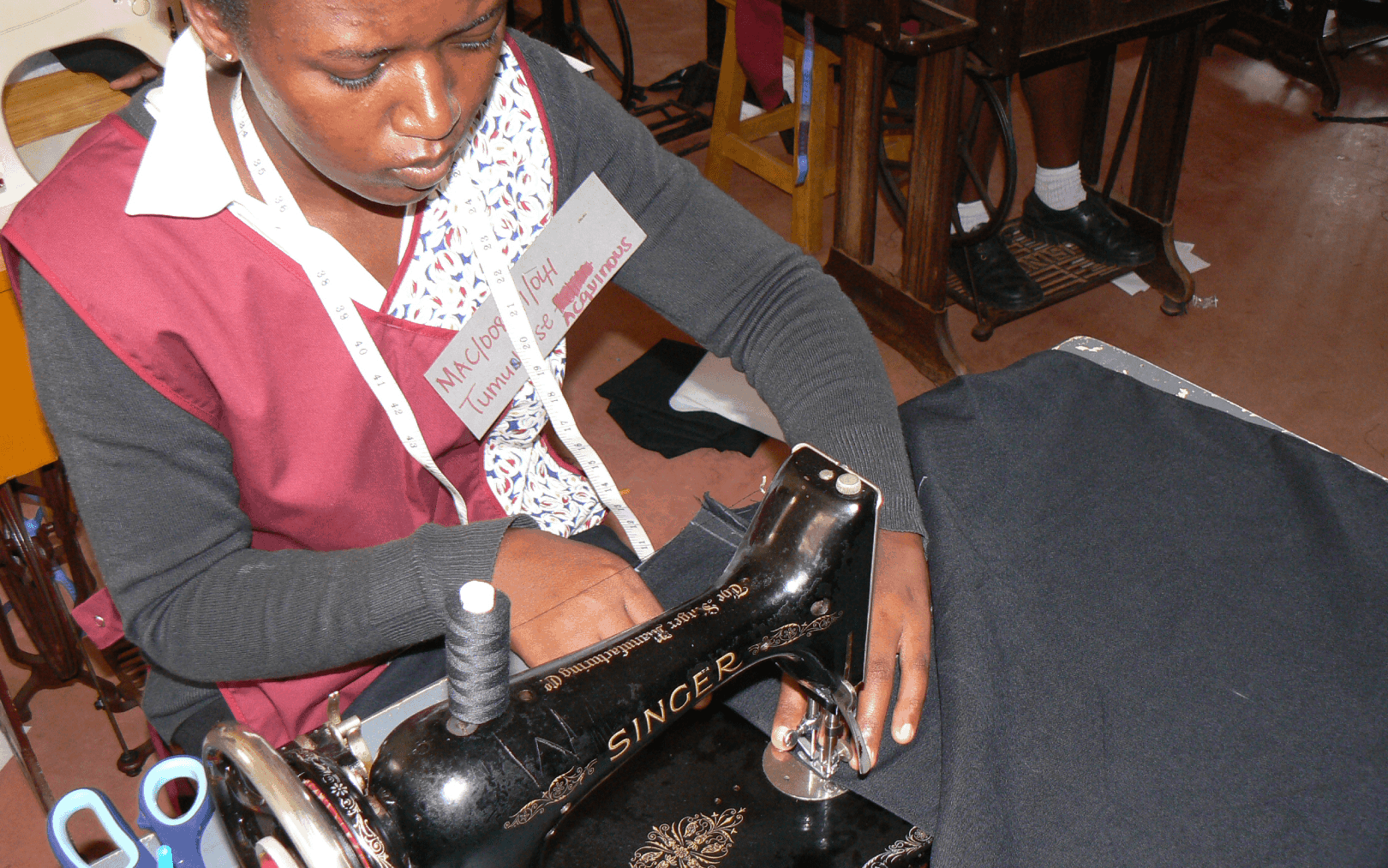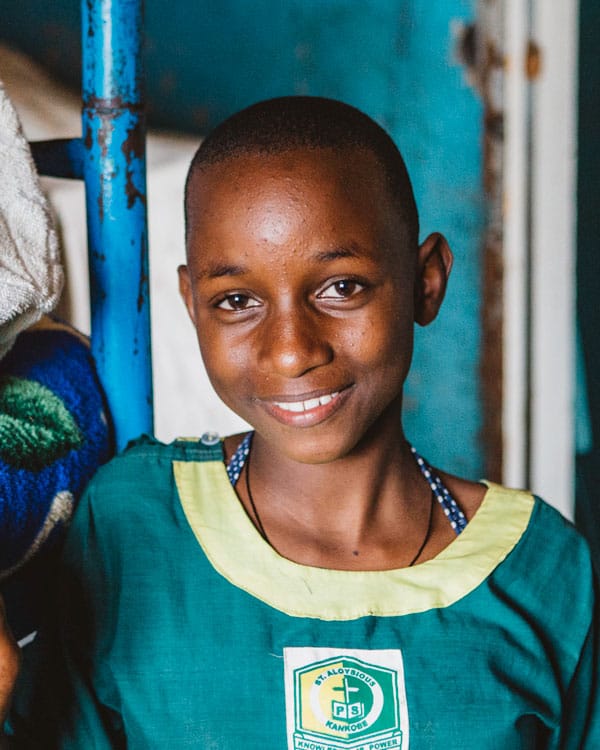If you’ve been paying attention to pop culture news, surely you’ve heard that Monopoly will soon be retiring its thimble – that small metal cap used to protect the finger from the needle while sewing. During a fan vote earlier this year, the thimble was the first to be ousted from the current token lineup, following the 2013 retirement of the Iron. It seems that being a seamstress is not a popular career choice in the industrialized countries these days.

Since today is World Sewing Machine Day, I thought I’d spend some time talking about the importance of this soon-to-be forgotten trade. The tailor/seamstress trade has been around since at least the 16th century – back before sewing machine’s existed. During the Industrial Revolution, the trade took on even more prominence with the invention of the sewing machine, which made it easier and faster to sew fabric together for a variety of purposes.
With industrialized countries becoming more and more reliant on science, technology, business, hospitality, etc. knowledge and use of traditional industrial trades like sewing and manufacturing are being moved to other developing countries. With them, they take the forgotten symbols of trades of the past that had provided people with a means of earning income for centuries; hence the recent loss of the iron and thimble as Monopoly tokens.
However, in other parts of the world the seamstress/tailoring trades are alive and well. In fact, Uganda is known for its culture of handcrafted products, and this trade provides girls with a substantial income-generating career. That’s why we developed the Seamstress in Training program. To provide orphaned girls in Uganda with the necessary skills to work at a trade that helps lift them from poverty to prosperity.
Before coming to St. Elizabeth’s Girls Academy, many of our girls lived on the streets begging, prostituting, and doing anything they could to obtain just the basic necessities of life. But they envisioned a better life for themselves. They dreamed of one day being self-sufficient and able to afford the things they need in life without having to beg or subject themselves to unthinkable tasks. The girls work diligently through our Seamstress in Training program and learn the necessary skills to do what it takes to live independent, fulfilling lives.
The program has been met with much success as many Alumnae, like Najjuuko Resty “Kalisizo,” have gone on to be successful self-employed business owners. None of this would be possible without the invention of the sewing machine. So while the sewing machine may soon become a thing of the past here in the states – it still plays a vital part of the world economy in other countries.
I’ll leave you with this last thought. “Beautiful things come together one stitch at a time.”
With Peace and Love,
Cristen
